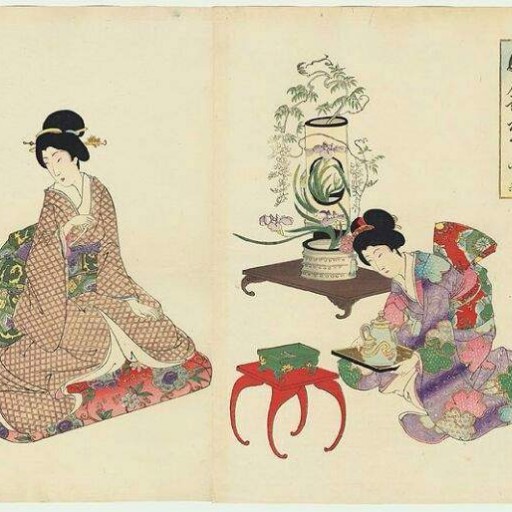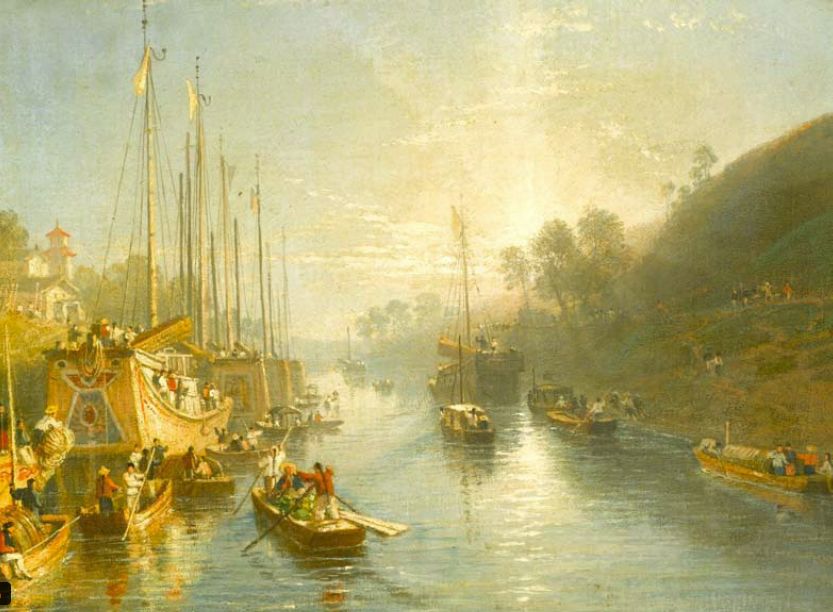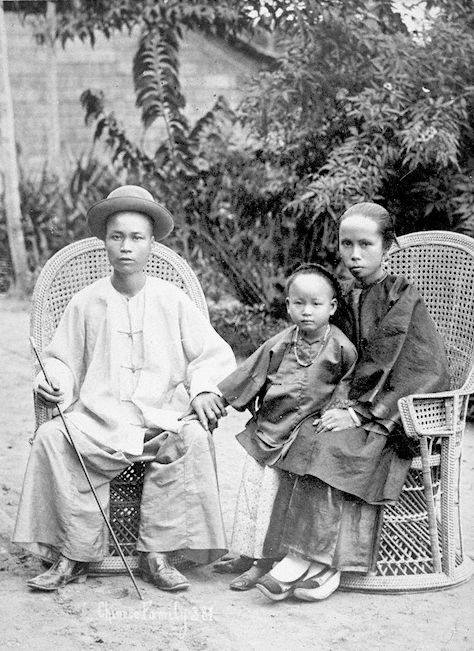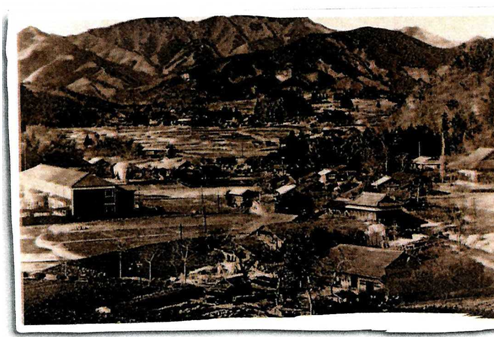Amy Borovoy
Associate Professor of East Asian Studies, Princeton University
“Japan Studies in the Postwar Era: Reflections on Modernity and Society in American Social Thought”
Thursday, April 27
4-6 PM
CEAS 319 (Harris School, 1155 E 60th St.)
Please join the East Asia: Transregional Histories Workshop and the Committee on Japanese Studies in welcoming Professor Amy Borovoy (Princeton University) as she presents a section of her new project. Professor Borovoy has provided the following abstract for her talk:
In the decades following World War II, Japan emerged as a “place to think with” for American social scientists. Until 1945, Japan studies had been centered in Europe. Although understanding “total war” was the initial provocation for American social science research, as in the 1946 classic, The Chrysanthemum and the Sword, not long after, social scientists began to see in Japan compelling forms of socio-centrism, social community and cultural identity. By the 1970s, Japan studies had become fruitful terrain for reflecting on the excesses of American liberal individualism. In this project, I analyze this process through a series of canonical texts in anthropology and sociology, from Benedict, to occupation-era village studies, to Thomas P. Rohlen’s ethnography of a Japanese bank and Ezra Vogel’s Japan as Number One. Japan’s modernity offered powerful insights for those wrestling with American post-industrial society, but it was an experiment made possible by a particular historical moment, and one that raised as many questions as it answered.
As always, first-time attendees are welcome. Light refreshments and snacks will be served. This event is sponsored by the Committee on Japanese Studies at the Center for East Asian Studies.
If you have any questions or require assistance to attend, please contact Jessa Dahl at jdahl@uchicago.edu or Erin Newton at emnewton@uchicago.edu.







